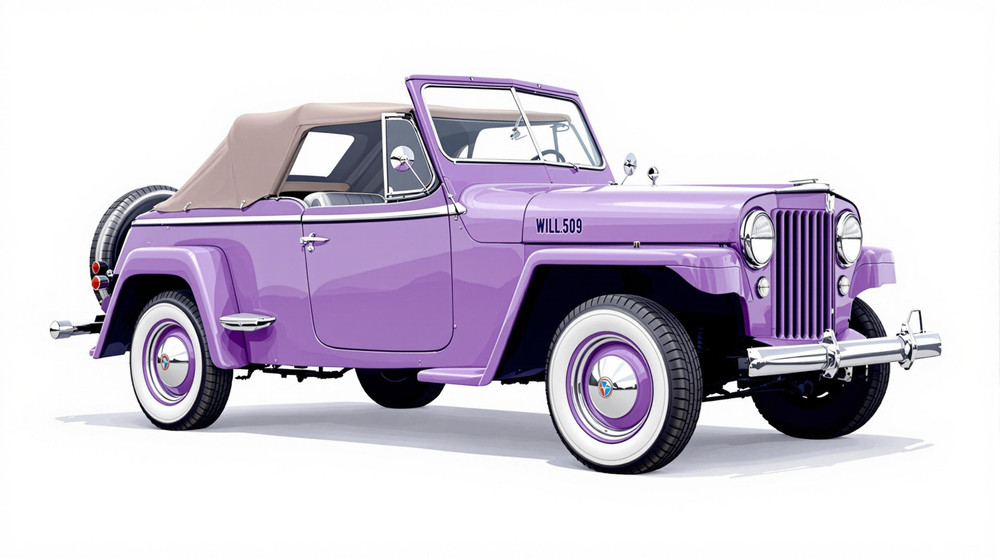Image of 1948 Willys Jeepster, Note: These illustrations use artistic license and may differ from actual historical models.
Performance Metrics
Fundamental Metrics
Emotional Appeal
MMP Rating
| Engine Specifications | |
|---|---|
| Engine: | L134 Go Devil I4 |
| Displacement: | 134.2 cu in (2.2 L) |
| Horsepower: | 60-63 hp |
| Torque: | 105 lb-ft |
| Compression Ratio: | 6.48:1 |
| Ignition System: | Battery and coil |
| Cooling System: | Liquid-cooled |
| Performance Specifications | |
| 0-60 Time: | Estimated 20-25 seconds |
| 1/4 Mile Time: | Not available |
| Top Speed: | 65 mph |
| Transmission and Drive | |
| Drive Type: | RWD |
| Transmission Type: | 3-speed manual with optional overdrive |
| Fuel and Efficiency | |
| Fuel System Type: | Carburetor |
| MPG: | Estimated 16-20 mpg |
| Dimensions and Brakes | |
| Brakes: | Hydraulic drum brakes |
| Wheelbase: | 104 in (2,642 mm) |
| Weight: | 2,365 lbs |
Note: Specifications for classic cars are given to the best of our ability, considering the limited and variant data available.
Introduction
The 1948 Willys Jeepster stands as a testament to post-war American optimism and the ingenuity of a nation ready to embrace peacetime pursuits. Born from the manufacturer that brought the indomitable Jeep to life during World War II, the Willys-Overland Motors company sought to blend utility with pleasure, resulting in the creation of the Jeepster. This vehicle was an attempt to inject some fun into the utilitarian image of the Jeep brand, offering a leisure-oriented vehicle that still retained rugged underpinnings. A notable moment in its history is its distinction as the last phaeton body style car offered by a major automaker, marking an end of an era in automotive design.
Design and Innovation
The exterior of the 1948 Willys Jeepster exuded a playful charm with its open-top design, inviting adventurous spirits to take to the road with a sense of freedom. The body was sleek yet simple, with rounded fenders and a bold front grille that echoed its military lineage. Inside, passengers were greeted with a no-frills interior that prioritized durability over luxury, yet the quality of materials used was robust enough to withstand both time and elements. Technologically, it featured innovations like an optional overdrive system for improved fuel efficiency—a nod to forward-thinking engineering. Color options ranged from vibrant hues to more subdued tones, with pastel shades being particularly popular among buyers. The Jeepster was offered in one iconic body style—a convertible phaeton with side curtains instead of roll-up windows.
Historical Significance
The Jeepster's impact on automotive design was subtle yet significant; it bridged the gap between wartime utility vehicles and civilian leisure transportation. It set itself apart with its blend of open-air fun and practicality, though it didn't quite catch on as hoped during its time. However, its lasting influence can be seen in how it paved the way for future vehicles that would successfully combine these elements.
Performance and Handling
Performance-wise, the 1948 Willys Jeepster wasn't built for speed—it was about enjoying the journey. With a top speed hovering around 65 mph and modest acceleration figures, it was more at home cruising country roads than racing down highways. Handling was straightforward and honest; drivers could feel the road and needed to be engaged with every turn of the wheel. The ride was firm, often bumpy on rough terrain, but therein lay its charm—the engine's hum and the tactile feedback made driving a truly hands-on experience.
Ownership Experience
The Jeepster found its niche among those who appreciated its dual nature—capable enough for daily errands but really at home as a weekend show car or parade vehicle. Maintenance was relatively straightforward due to its mechanical simplicity and shared parts with other Willys models. Reliability was decent for its era, though modern-day owners should expect regular upkeep as part of their stewardship.
Fun Facts
A curious trivia about the 1948 Willys Jeepster is that despite its civilian branding, it never fully shed its military heritage—some were even used by police departments. While not known for setting speed records, it did make an impression in sales literature with adventurous taglines and imagery. Criticisms often centered around its lack of power compared to rivals and weather protection inadequacies.
Collector's Information
Today, collectors cherish the 1948 Willys Jeepster for its uniqueness and historical value. Estimates suggest that fewer than 20,000 units were produced during its three-year production run. As for value range, well-preserved examples can fetch anywhere from $15,000 to $30,000 depending on originality, condition, and provenance—appreciating steadily as interest in post-war American cars grows among enthusiasts.
Conclusion
The 1948 Willys Jeepster encapsulates a moment in time when America was redefining itself—moving from battlefields to boulevards—and in doing so created a vehicle that while not overwhelmingly successful sales-wise left an indelible mark on automotive history. Its legacy is one of innovation, transition, and an enduring charm that continues to captivate collectors and classic car aficionados alike.
1948 Willys Jeepster Catalog of Parts
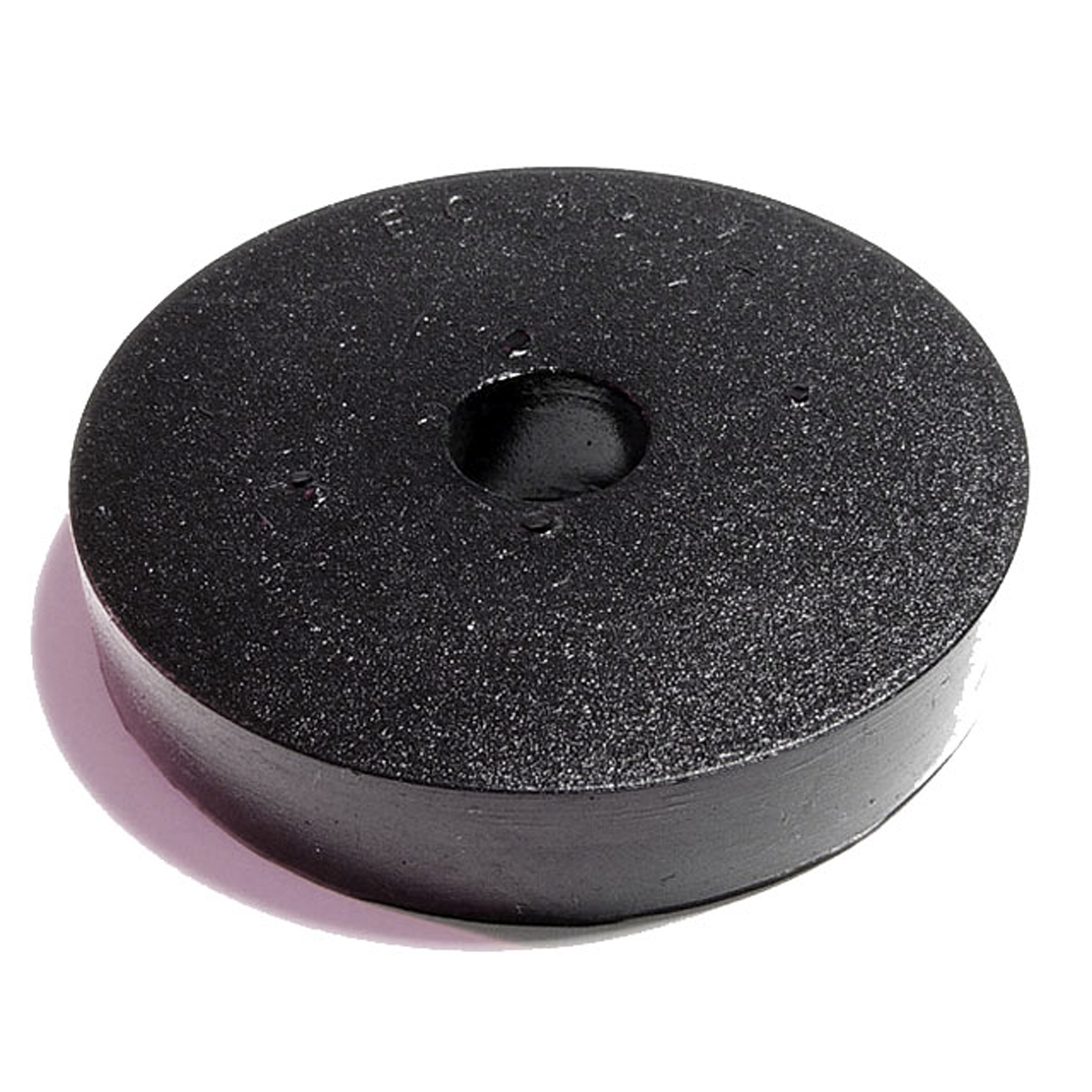 1948 Willys JEEPSTER Body Mount Cushion. 1-15/16" O.D., 3/8" I.D., 3/8" Thick-BC 40-ABody Mount Cushion. 1-15/16" O.D., 3/8" I.D., 3/8" Thick. Each
1948 Willys JEEPSTER Body Mount Cushion. 1-15/16" O.D., 3/8" I.D., 3/8" Thick-BC 40-ABody Mount Cushion. 1-15/16" O.D., 3/8" I.D., 3/8" Thick. Each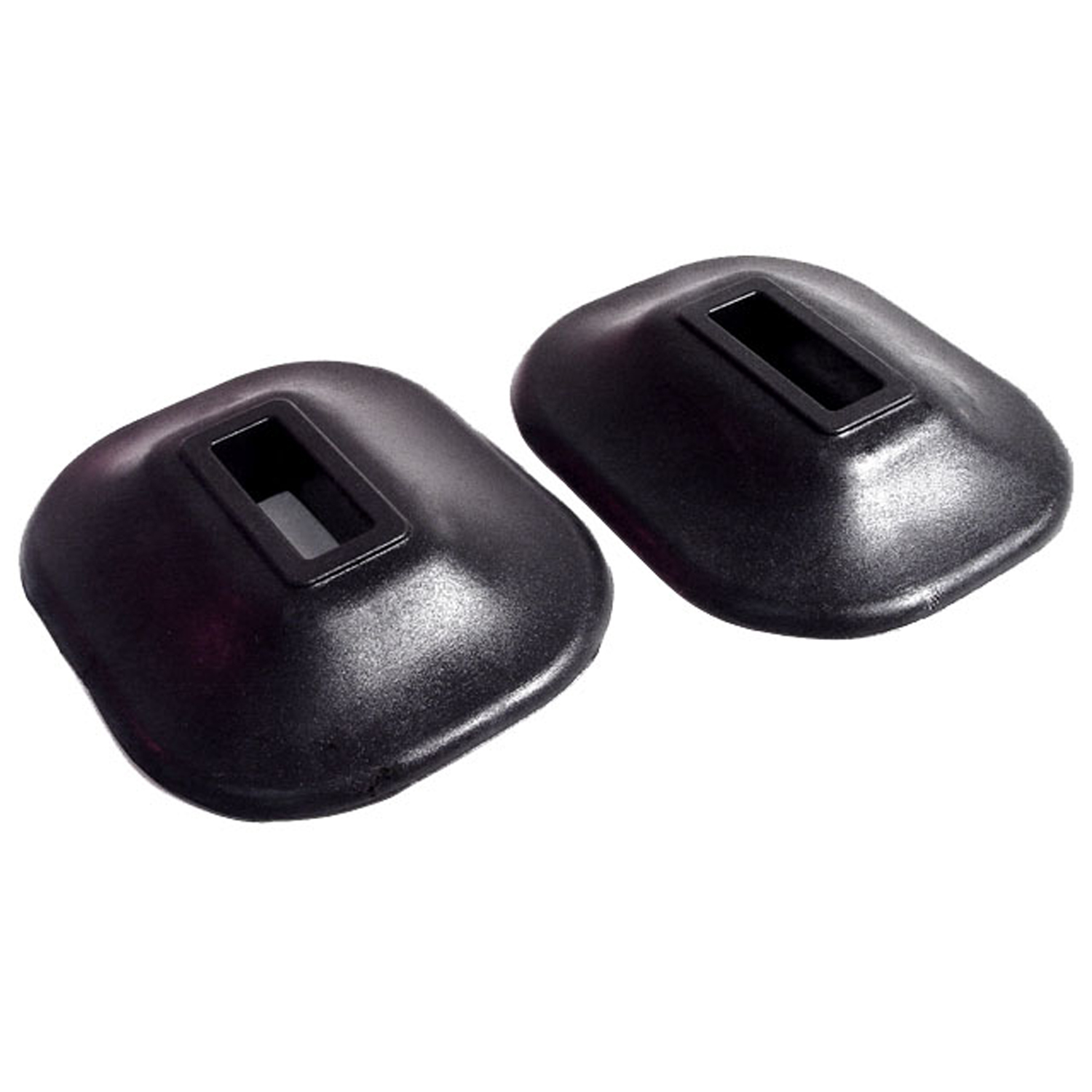 1948 Willys JEEPSTER Front and Rear Bumper Arm Grommets-BG 62Front and Rear Bumper Arm Grommets. 3-1/8" wide X 3-7/8" long, with 1-3/8" long inner slot. Pair
1948 Willys JEEPSTER Front and Rear Bumper Arm Grommets-BG 62Front and Rear Bumper Arm Grommets. 3-1/8" wide X 3-7/8" long, with 1-3/8" long inner slot. Pair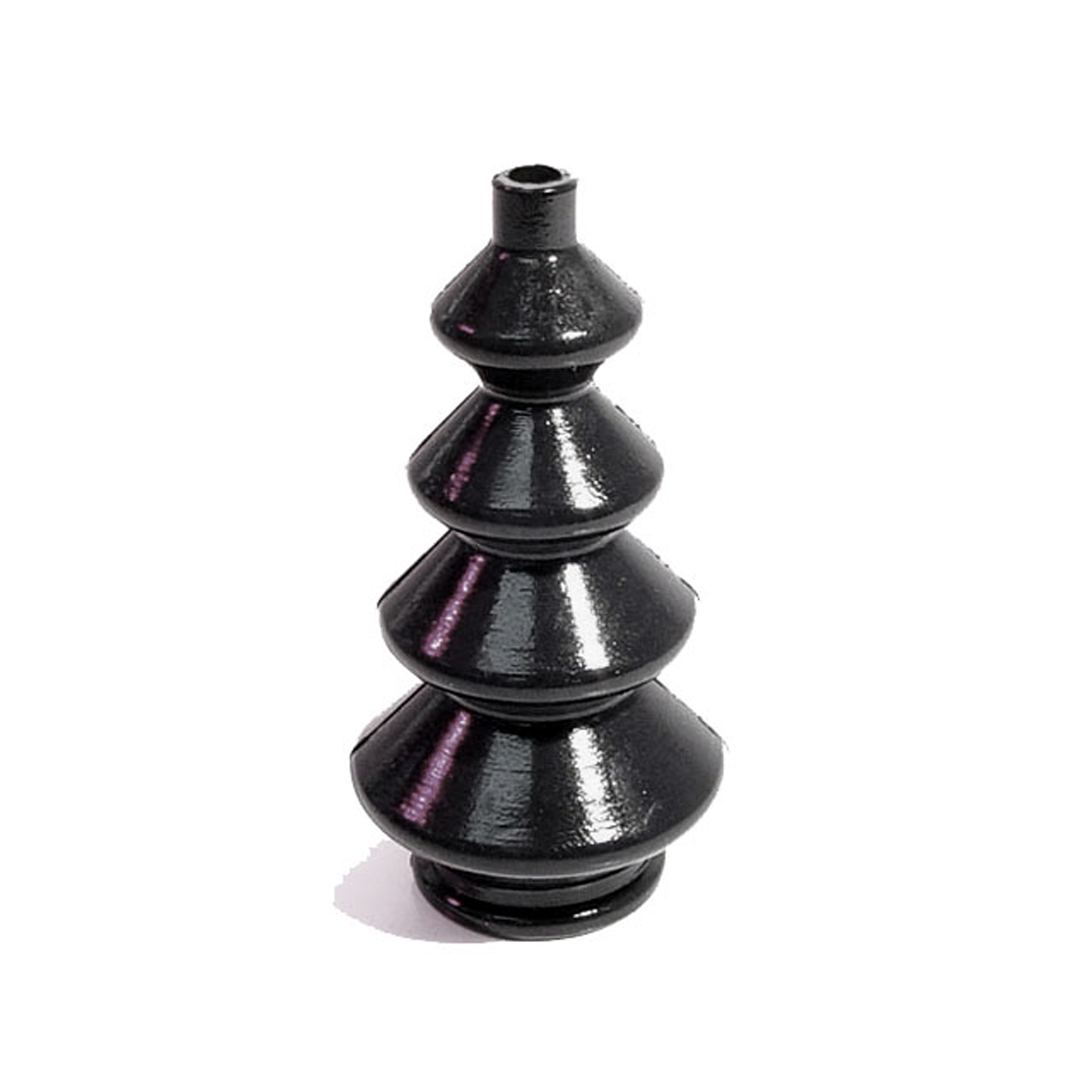 1948 Willys JEEPSTER Accelerator Rod Bellows Dust Boot. 3/16" top I.D-BL 7Accelerator Rod Bellows Dust Boot. 3/16" top I.D., 1" bottom I.D., 3-1/2" high (compresses to 1-3/4"). Highest quality available. Each
1948 Willys JEEPSTER Accelerator Rod Bellows Dust Boot. 3/16" top I.D-BL 7Accelerator Rod Bellows Dust Boot. 3/16" top I.D., 1" bottom I.D., 3-1/2" high (compresses to 1-3/4"). Highest quality available. Each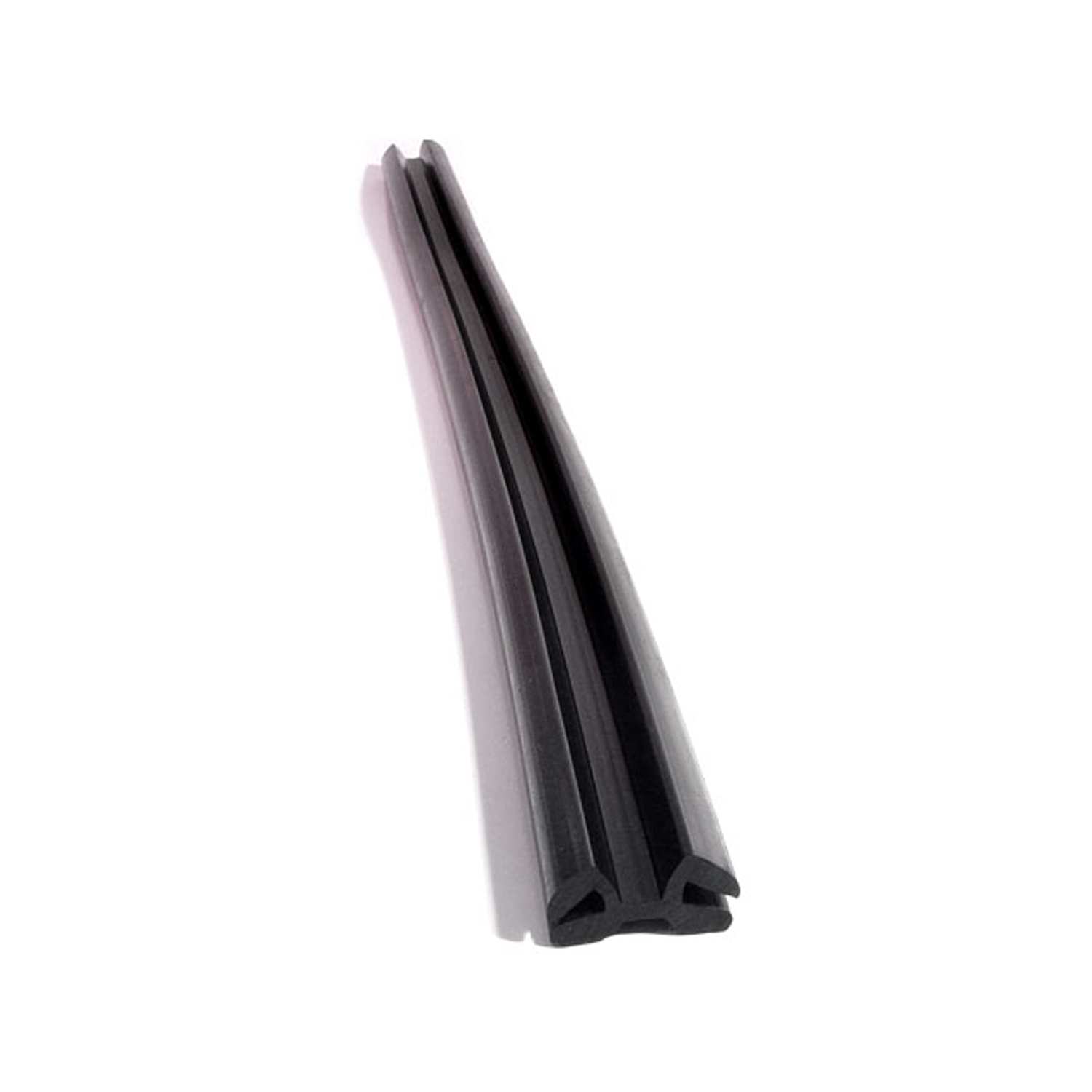 1948 Willys JEEPSTER Center Division Bar Seal. 20" piece, to be cut to length-DP 40Center Division Bar Seal. 20" piece, to be cut to length. Each
1948 Willys JEEPSTER Center Division Bar Seal. 20" piece, to be cut to length-DP 40Center Division Bar Seal. 20" piece, to be cut to length. Each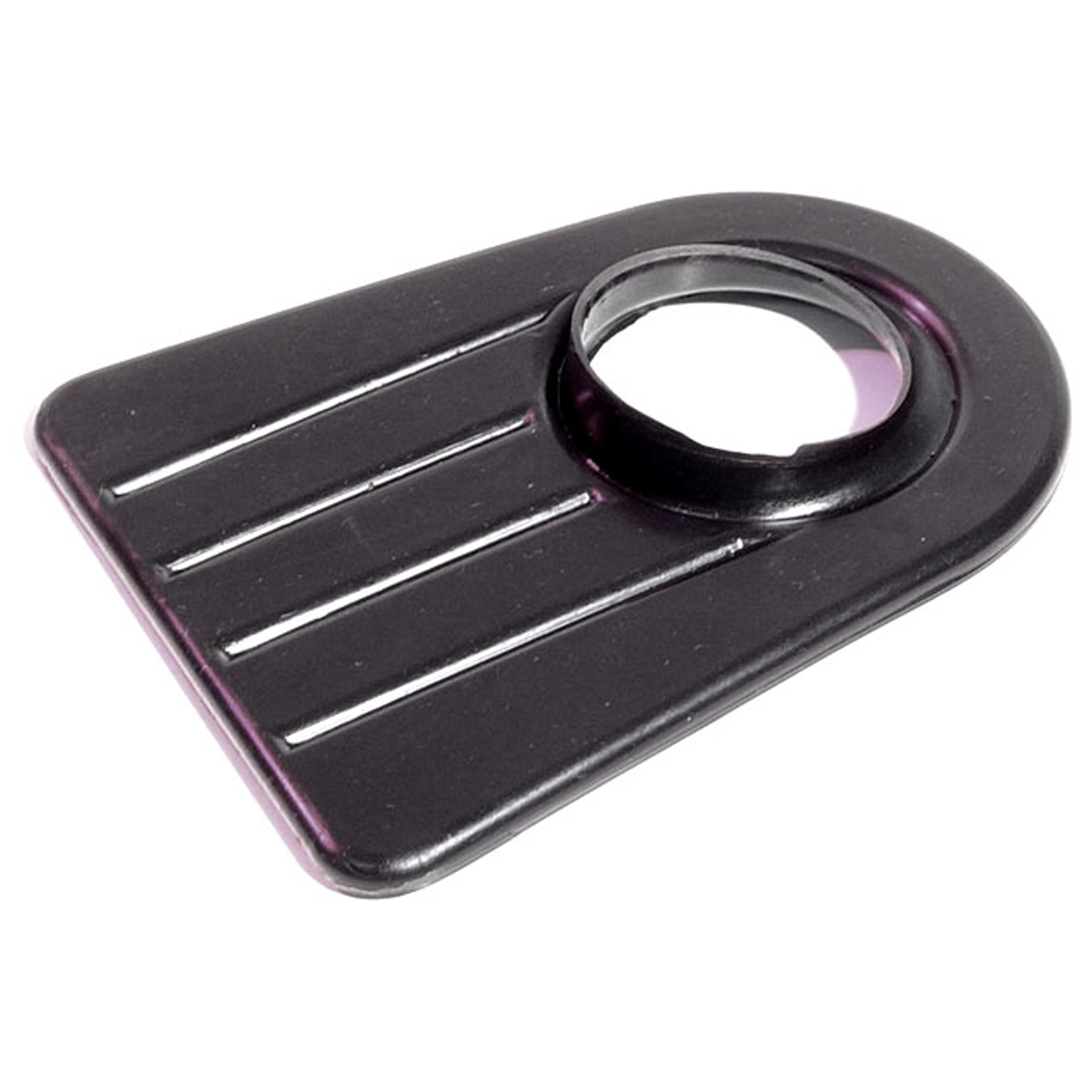 1948 Willys JEEPSTER Gas Filler Grommet. 2-1/8" I.D., 6-3/8" length. Each-GF 29-AGas Filler Grommet. 2-1/8" I.D., 6-3/8" length. Each
1948 Willys JEEPSTER Gas Filler Grommet. 2-1/8" I.D., 6-3/8" length. Each-GF 29-AGas Filler Grommet. 2-1/8" I.D., 6-3/8" length. Each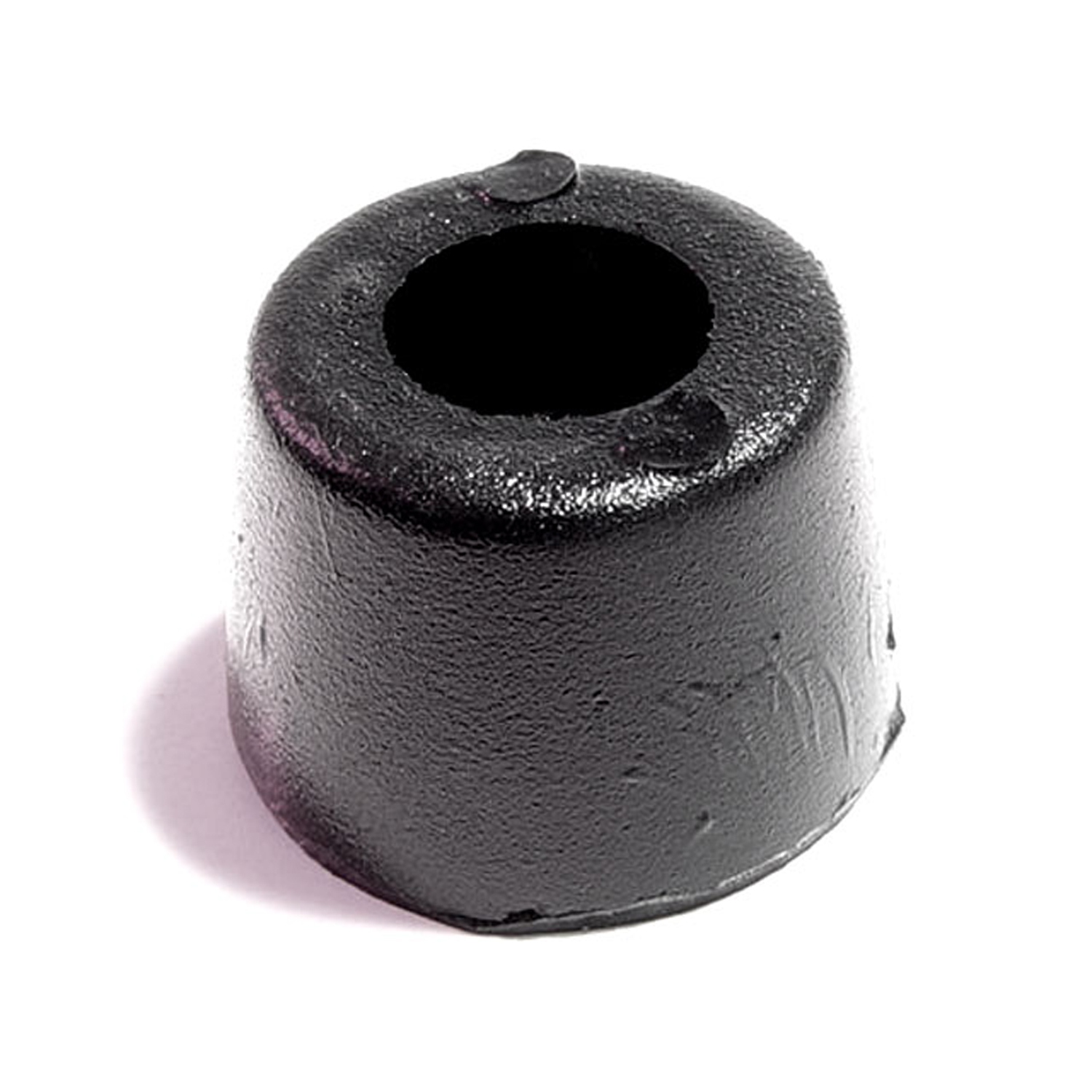 1948 Willys JEEPSTER Hood Side Bumper. Two used per car. Each-HF 31Hood Side Bumper. Two used per car. Each
1948 Willys JEEPSTER Hood Side Bumper. Two used per car. Each-HF 31Hood Side Bumper. Two used per car. Each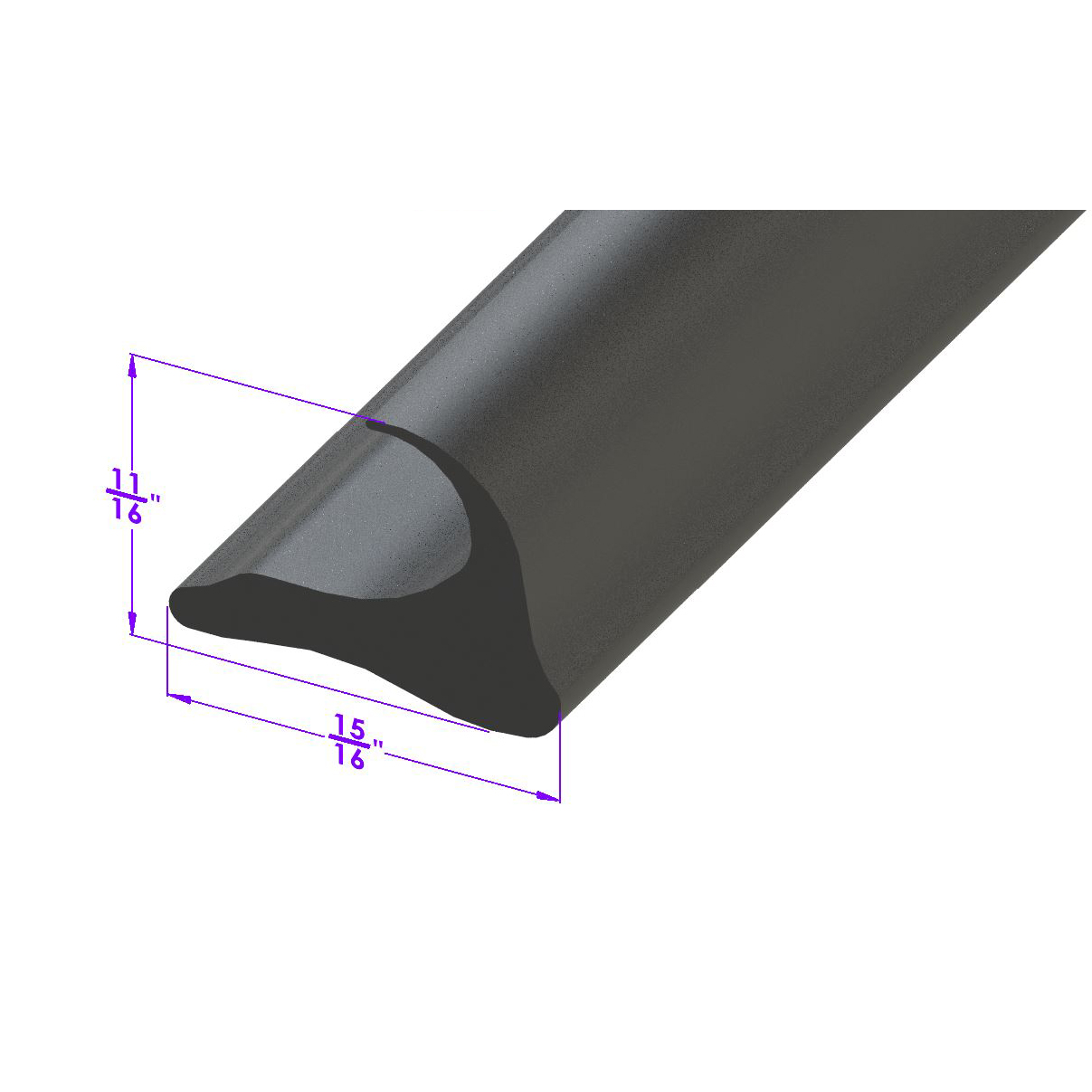 1948 Willys JEEPSTER Side Roof Rail Seal. Fits in metal retainer-LP 12-ASide Roof Rail Seal. Fits in metal retainer. Sold by the foot
1948 Willys JEEPSTER Side Roof Rail Seal. Fits in metal retainer-LP 12-ASide Roof Rail Seal. Fits in metal retainer. Sold by the foot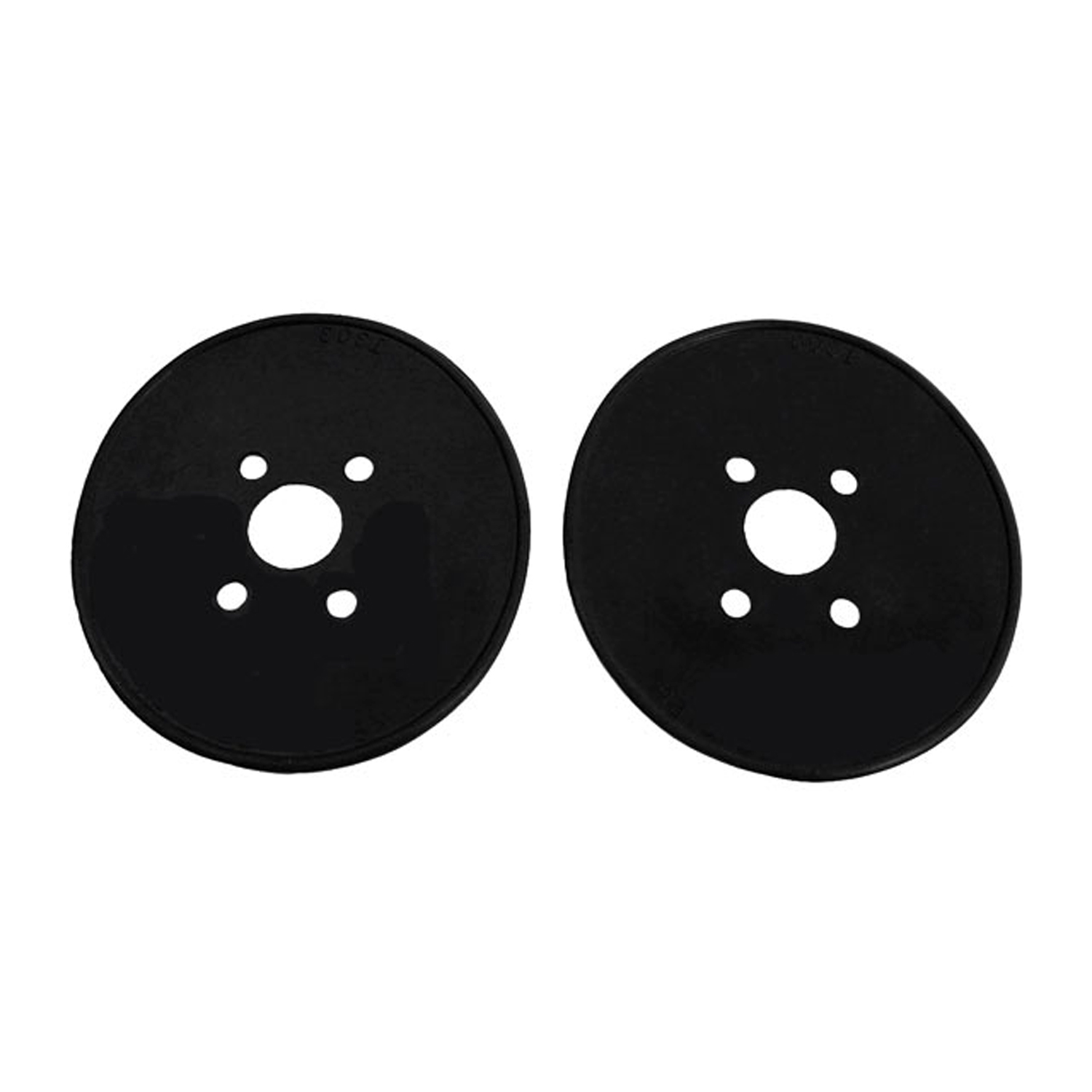 1948 Willys JEEPSTER Tail-light Pads. 5-1/4" wide X 5-5/8" long. Pair-MP 1303Tail-light Pads. 5-1/4" wide X 5-5/8" long. Pair
1948 Willys JEEPSTER Tail-light Pads. 5-1/4" wide X 5-5/8" long. Pair-MP 1303Tail-light Pads. 5-1/4" wide X 5-5/8" long. Pair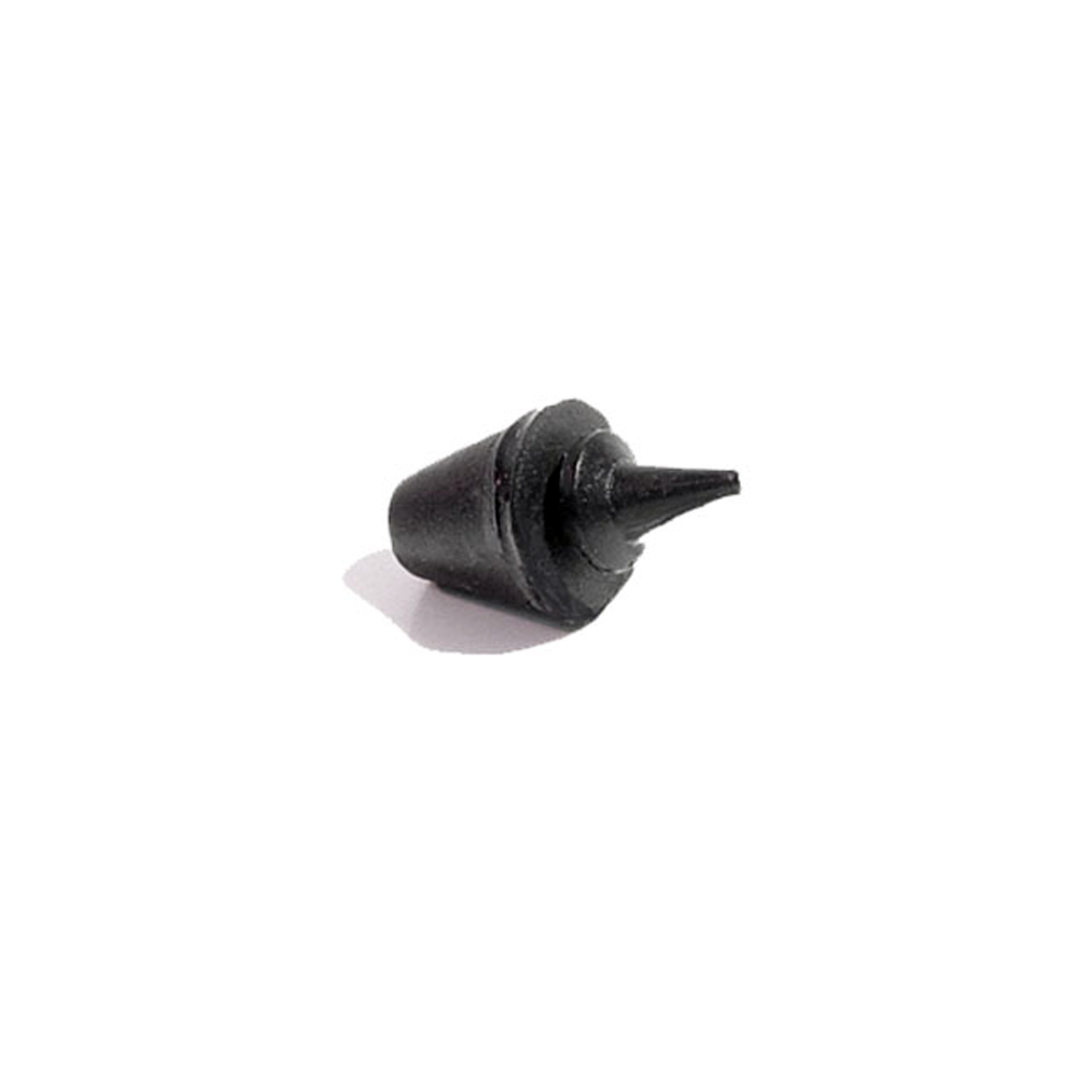 1948 Willys JEEPSTER Glove Box Bumper. Each-SB 83Glove Box Bumper. Each
1948 Willys JEEPSTER Glove Box Bumper. Each-SB 83Glove Box Bumper. Each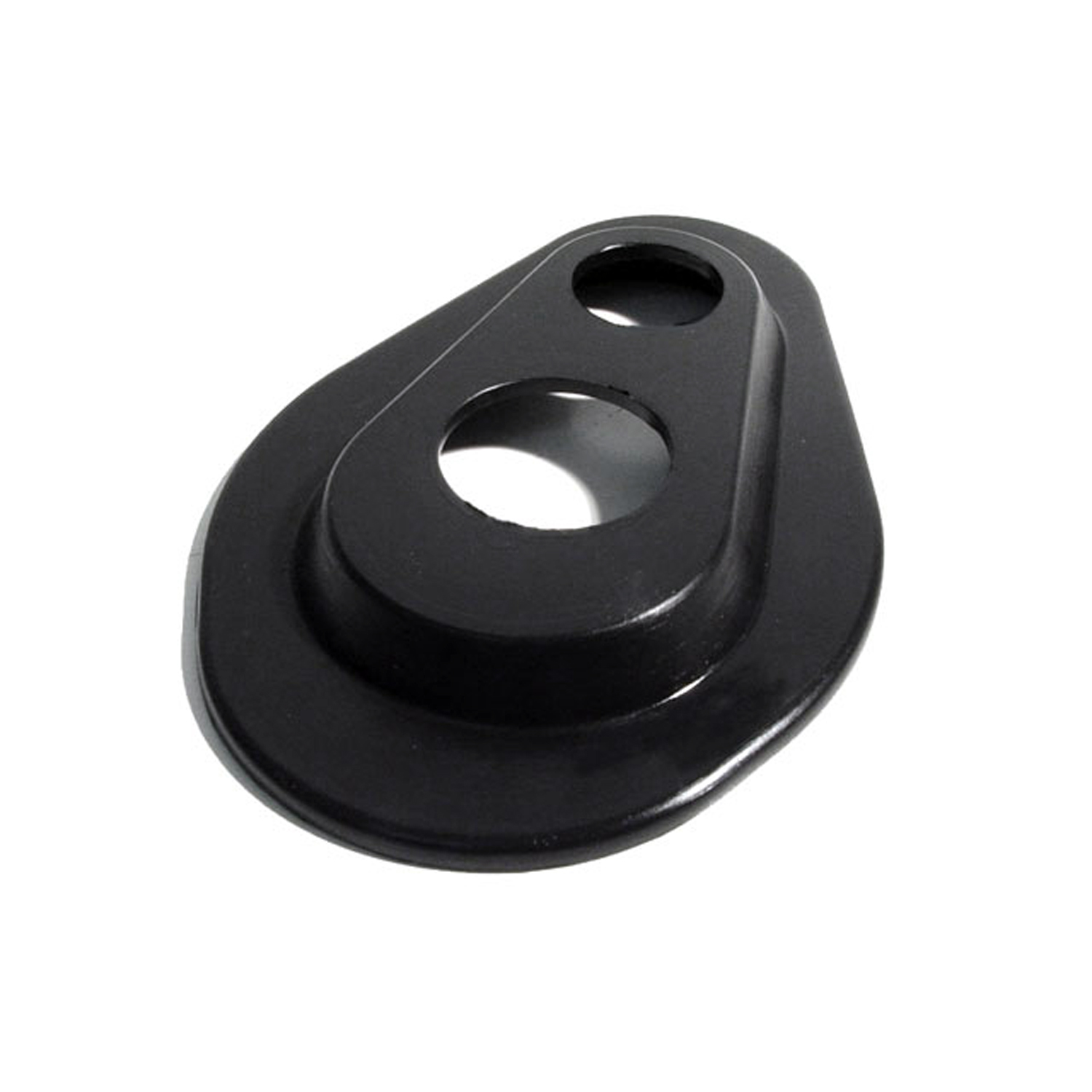 1948 Willys JEEPSTER Steering Column Grommet. 4-1/2" wide X 6" long. Each-SC 10Steering Column Grommet. 4-1/2" wide X 6" long. Each
1948 Willys JEEPSTER Steering Column Grommet. 4-1/2" wide X 6" long. Each-SC 10Steering Column Grommet. 4-1/2" wide X 6" long. Each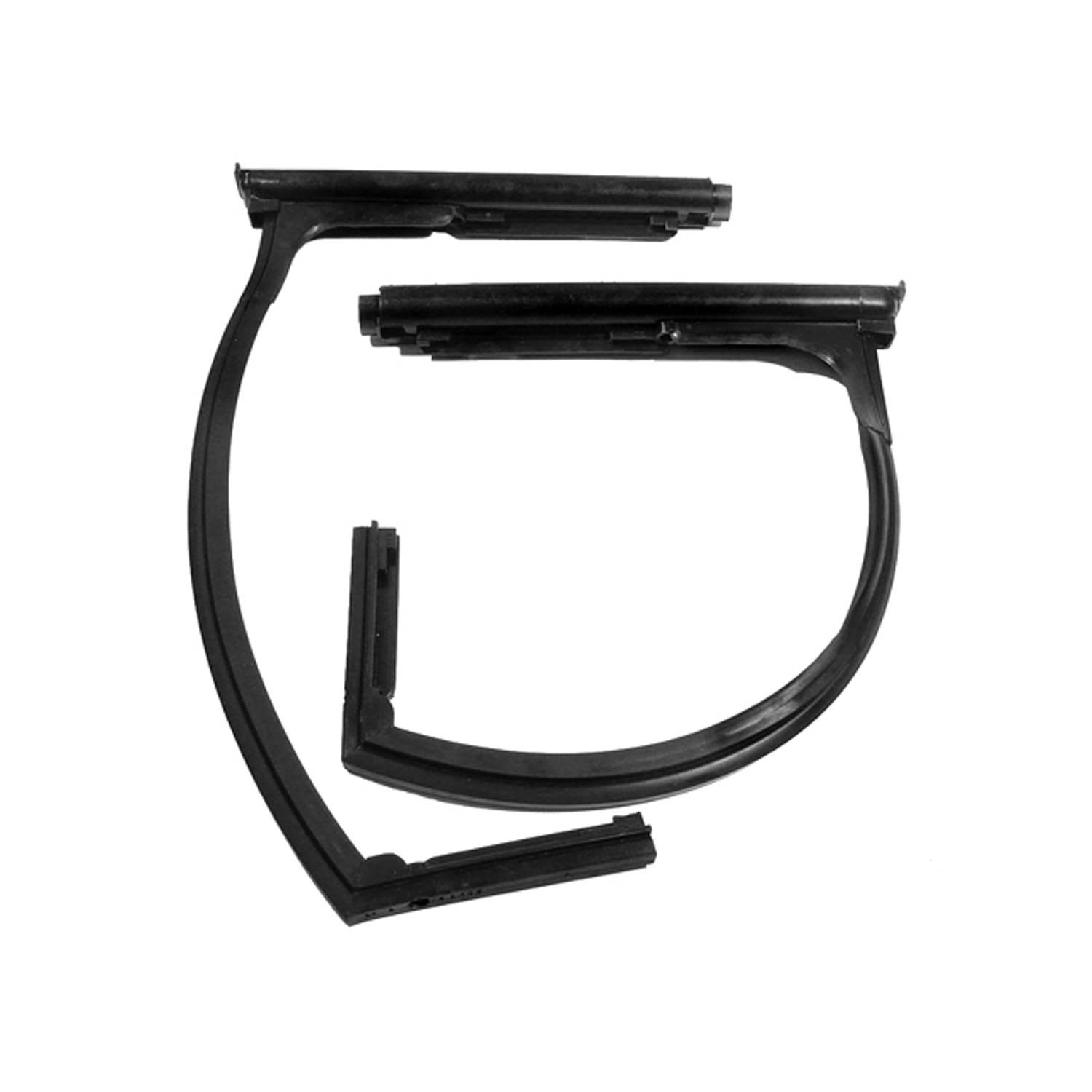 1948 Willys JEEPSTER Front Vent Window Seals -WR 9600Front Vent Window Seals. Will not fit Trucks or Station Wagons. Pair
1948 Willys JEEPSTER Front Vent Window Seals -WR 9600Front Vent Window Seals. Will not fit Trucks or Station Wagons. PairWhy Choose Metro?
For over 100 years, Metro Moulded Parts has been the pinnacle of quality in classic car restoration parts. Our commitment to precision and authenticity in every component ensures a perfect fit and an OEM-level appearance.
- Expert Craftsmanship & Quality: Each part is a testament to our dedication to reliability and perfection, crafted from original designs and thoroughly tested.
- Advanced Technology: We use cutting-edge techniques to create flawless, long-lasting parts that surpass others in performance.
- SuperSoft Sponge – The Ultimate Door Seal: Not only are our door seals 30% softer than competitors', but they're also guaranteed to never leak. They effectively reduce wind and road noise, enhancing your classic car's comfort and driving experience.
- Proudly American: Our parts are a product of American craftsmanship, made in the USA with a spirit of excellence and heritage.
- Unrivaled Warranty: We back our products with a 30-year industry-leading warranty, a testament to our confidence in their quality.
Join us in preserving the legacy of classic cars with parts that are crafted for perfection, not just made.

